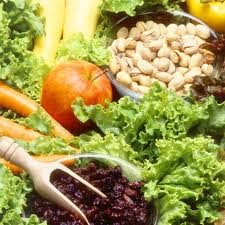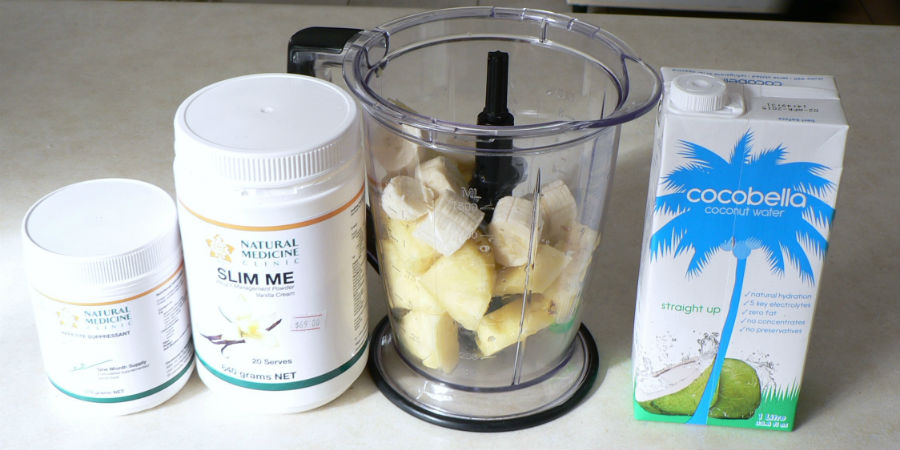
For many years, it has been known that compounds called goitrogens can interfere with the normal function of the thyroid gland, preventing the incorporation of iodine into the hormones the thyroid gland produces. Such goitrogenic compounds are found in certain cruciferous vegetables. This has led to widespread confusion because it has been assumed by many (including clinicians) that all cruciferous vegetables are equally goitrogenic. This is not the case.
HOW DO GOITROGENS FORM?
Progoitrins are precursors to the goitrins. In the case of broccoli, the progoitrins develop as the vegetable matures and are virtually non-detectable in the seed or sprout but increase as the vegetable grows to maturity. For the progoitrin to convert to the goitrin, it needs to be converted by activation of an enzyme known as myrosinase and found in the plant cell. If broccoli or the other crucifers are cooked, the myrosinase enzyme is destroyed and the goitrins aren’t produced.
BROCCOLI SPROUTS ARE NON-GOITROGENIC
Of the various cruciferous vegetables, broccoli in fact is not particularly high in these goitrogenic substances and when it is cooked, absence of active myrosinase enzyme means that there are no goitrins produced. Because broccoli is usually eaten cooked, there is really no need for concern regarding thyroid function. Where the sprout is concerned, EnduraCell®as a sprouted broccoli product is produced to ensure retention of the myrosinase enzyme but because the progoitrins are virtually absent, there is no risk of compromising thyroid function in this way.
BEWARE OF RAW KALE
Kale is very popular in these days however kale is very high in progoitrins, increasing the risk of thyroid dysfunction (See Table in the attachment). The popular trend of juicing kale is a practice which puts a consumer at significant risk of thyroid dysfunction, especially if dietary iodine intake is low.
OTHER CRUCIFERS TO AVOID EATING RAW
Of the identified progoitrin-containing young germinated crucifers, Brussels sprouts, kale and several of the Asian vegetables are the highest. Even though we have been able to quantify progoitrin in significant numbers of crucifers, a threshold for thyrotoxicity in humans has not been determined. Because EnduraCell® is manufactured from sprouted broccoli, its progoitrin content is insignificant, so there is no risk to your patients of consuming practioner’s range supplements even in the higher doses sometimes required for certain clinical conditions.
read more cruciferous vegetables


